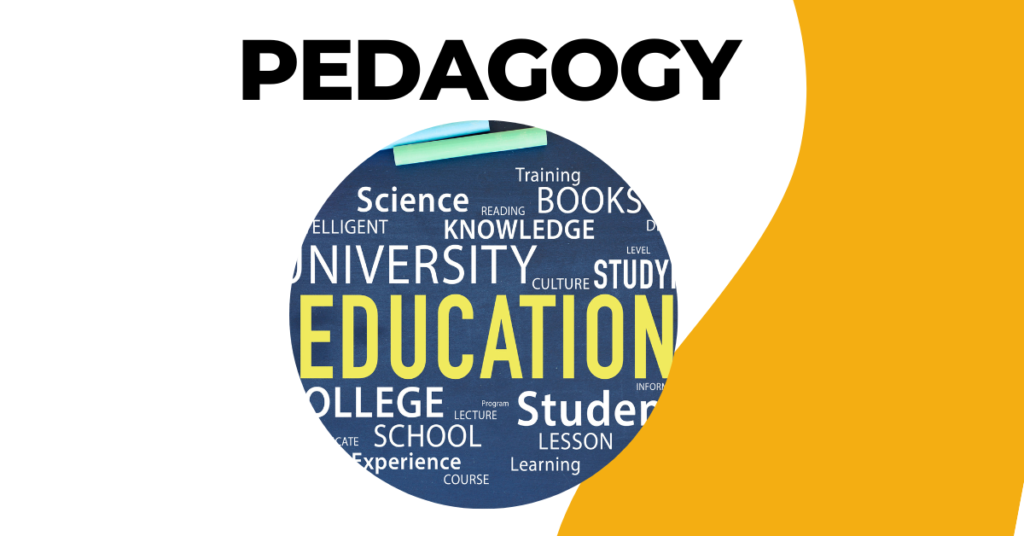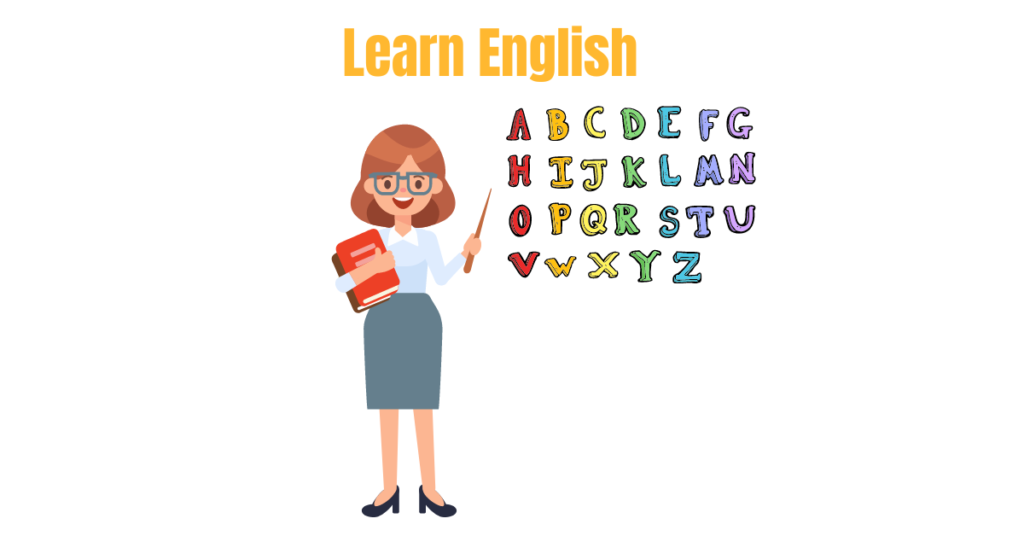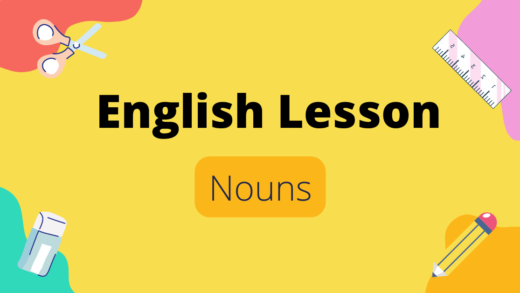Understanding philosophy at its core would not have been possible without the astute contribution of the ancient philosophers, namely Socrates, Plato, Aristotle, and many others. I am somewhat in awe of how these noble philosophers came up with diverse disciplines. Craig clearly stated that “A philosophy is a creed, a set of beliefs to live by; it provides a purpose encompassing and overriding the minor and trivial concerns of the every day, or if not, it communicates a state of mind from within which the ultimate purposelessness of life becomes endurable” (1983). Bertrand Russell, the author of “The Value of Philosophy,” clearly pointed out how understanding the value of philosophy amplifies men’s view of the world and how philosophy affects education and society.
Philosophy is the core of some disciplines. Murungi believed that “Different branches of philosophy were all united in and by mother philosophy” (2021). Russell affirmed that definite knowledge becomes a separate science while unanswered questions still belong in philosophy (n.d). Fundamentally, philosophical thought becomes a humanistic discipline. Priest (2006) described philosophers as responsible for creating many new ideas, systems of thought, pictures of the world and its features. Intrinsically, newly formed disciplines and discoveries in sciences are the outcomes of our intellectual repertoire. Furthermore, philosophy is an essential part of our education system. Through philosophy, educators are guided on what workbooks, textbooks, or other cognitive and non-cognitive activities to utilize and how to utilize them (Ornstein, 1990). Philosophy is an integral part of education and all aspects of curriculum decision-making.
By understanding how philosophy works, the human intellect is being harnessed. The difference between humans and animals is that we can change the course of our life. If we choose to go south, we can adhere to it. Whereas animals, let’s say birds, cannot do as such due to their biological imprint. An intellectual inquiry is essential in fueling the brain to reach its full potential. Kagan noted that “Philosophical questions are not questions that occur only to those of us who have studied the subject and are trained professionals. Far from it: Philosophical questions are ones that emerge from the natural state of wondering that of us engage in, at least in our more reflective moments” (2013). In essence, anyone can ponder questions they have in mind as questions are created due to our keenness in each chosen domain. New methodologies and approaches to learning are being designed and implemented to ameliorate the education system, which comes from our eagerness to examine which system serves the best interest of our learners.
Russell suggested that we must approach philosophy in its vagueness. The reason behind this is to revolutionize the way we think and inquire about the things around us. The more we become knowledgeable, the more we can contribute to our society. Being uncertain about something means that we must oblige ourselves to inquire more. According to Priest, “philosophy is a truth-seeking activity” (2006). Thus, opening diversity of new pathways for improvement in whatever areas we want to alleviate. Macbeth stated in his article that “no principled line can be drawn between matters of meaning intended for the philosopher (and in a different way for the mathematician) and matters of fact to be taken up by empirical sciences” (2017). This is indicative that philosophy is transcendentally ideal with the interweaving of self-knowledge with reality and the unknown, naturally imperceptible by our senses.
Contextually, philosophy is a dichotomy of our persona and the universe. I am fascinated with philosophers who were able to discover something extraordinary. How did they tap on this knowledge without even exploring the universe physically? Russell argued that unfamiliar truths are artificial at their essence and that insightful knowledge is not merely a union of man and the universe. Still, instead, it is a compilation of beliefs and desires (n.d). Desire is said to be one of the most powerful human emotions. The invention of flying cars comes from our clamorous and persistent willingness to solve traffic problems. In addition, our desire to solve bank issues resulted in the creation of cryptocurrencies which are believed to be the future money.
Philosophy serves as a path to our never-ending desire to learn. A world without philosophical knowledge is like a hidden treasure buried for eternity. Priest stated that “We all need to be challenged out of our mistakes, stupidities, complacencies- especially when it is our own intellectual blinkers that prevent us from seeing them as such. This is the preeminent role of philosophy” (2006). Analytically, the inquisitive mind of men is the door to more paths of discoveries and improvement in any spectrum of life. Kagan also stated, “The human ability to know has always been our most powerful tool in improving the human condition. So, in countless ways, everyone would readily agree, knowledge is instrumentally useful in helping us to achieve our ends” (2013). We must acquire knowledge based on its significant value to our life. For instance, students should choose their careers according to their intellectual capacity and interest to avoid wasting time studying a discipline not relevant to their designed career path.
Knowledge acquired by the free intellect has no boundaries. Sir Isaac Newton discovered the gravitational theory in the 16th century by watching an apple fall to the ground. How come such an empirical observation led to other discoveries related to gravity? As described by Russell, utilizing our free intellect is comparable to seeing things through God’s lens (n.d). Our sense of the world will be dissimulated if we exclusively attain knowledge through our senses. The utility of the free intellect suggests that we can unfold mysteries that no one has ever construed. To further support his claim, we have witnessed and have read stories of successful people who came from impoverished families but still managed to become affluent. It is said that there is common universal knowledge available for humanity to explore. Nothing is impossible if we know how to tap into it.
References
Craig, E. J. (1983). Philosophy and Philosophies. Philosophy, 58(224), 189–201. http://www.jstor.org/stable/3750652.
Kagan, S. (2013). Why Study Philosophy? Frontiers of Philosophy in China, 8(2), 258–265. http://www.jstor.org/stable/23597398.
Macbeth, D. (2017). The Place of Philosophy. Philosophy East and West, 67(4), 966–985. http://www.jstor.org/stable/26404854.
Murungi, J. (2021). Christos C. Evangeliou on Philosophy and its History. In P. Mitsis & H. L. Reid (Eds.), The Poetry in Philosophy: Essays in Honor of Christos C. Evangeliou (pp. 1–18). Parnassos Press – Fonte Aretusa. https://doi.org/10.2307/j.ctv1ks0b70.5.
Ornstein, A. C. (1990). Philosophy as a Basis for Curriculum Decisions. The High School Journal, 74(2), 102–109. http://www.jstor.org/stable/40364829.
Priest, G. (2006). What Is Philosophy? Philosophy, 81(316), 189–207. http://www.jstor.org/stable/4127433.
Russell, B (n.d). Problems of Philosophy. The Value of Philosophy.
Latest posts





Recent comments